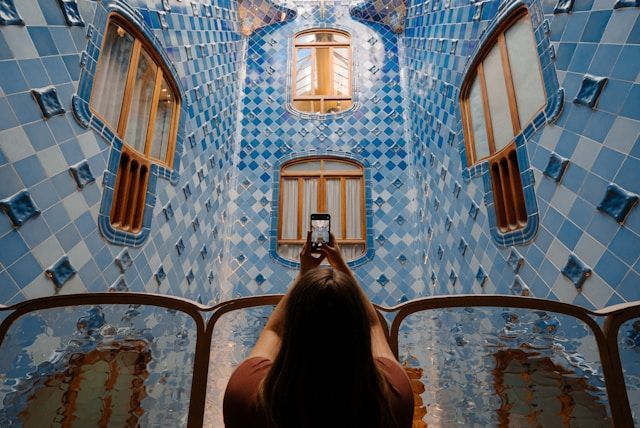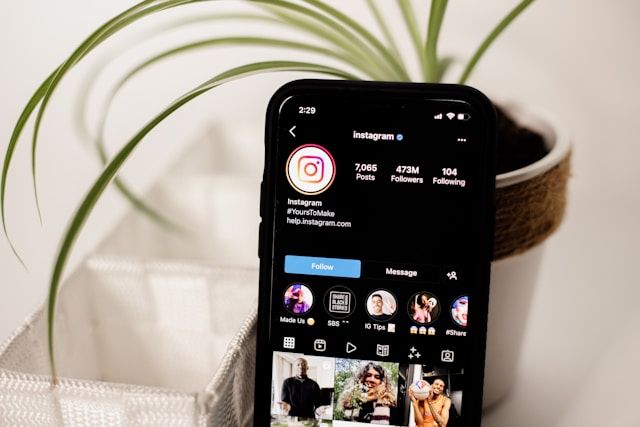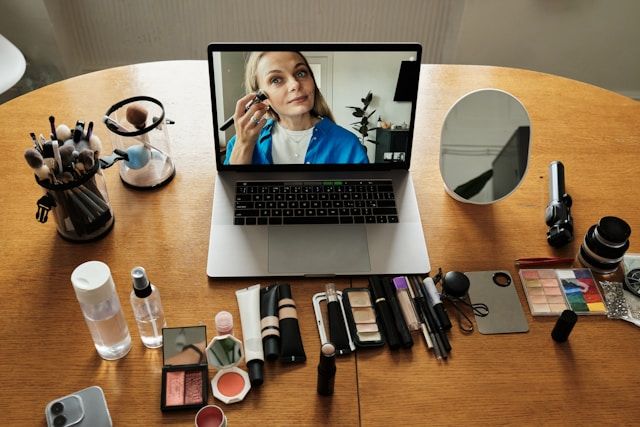Navigating the Digital Landscape: Content Creators vs Influencers
- Navigating the Digital Landscape: Content Creators vs Influencers
- Introduction
- The Rise of Instagram Content
- Content Creators: Who They Are and What They Do
- Influencers: Engagement Experts
- The Blurred Lines Between Content Creators and Influencers
- Pros and Cons of Working with Content Creators vs. Influencers
- Content Creator Advantages
- Content Creator Disadvantages
- Influencer Advantages
- Making the Right Choice for Your Brand
- Conclusion
Navigating the Digital Landscape: Content Creators vs Influencers

Introduction
In the ever-evolving world of digital marketing, two roles have emerged as paramount for brands looking to leverage online platforms: content creators and influencers. While scrolling through dazzling images and heartfelt posts on Instagram, one might wonder about the people behind these creations.
Are they content creators, influencers, or both? Understanding the similarities and differences between these two roles is crucial for anyone looking to harness the power of digital marketing. This article delves into the distinction between content creators and influencers, the value each brings to marketing campaigns, and how to decide who to work with for your brand's needs.
The Rise of Instagram Content

Instagram has become a powerhouse for sharing visual stories and engaging content. From eye-catching photos to deeply personal posts and the occasional sponsored content, Instagram serves as a prime platform for both content creators and influencers.
For brands, Instagram is more than just a social network; it's a digital stage where marketing campaigns can shine, thanks to the collaboration with talented individuals who know how to capture the audience's attention.
Content Creators: Who They Are and What They Do
Content creators are artisans of the digital world. They include photographers, videographers, writers, and artists dedicated to producing professional-quality content. Their primary focus is on crafting standout pieces that rise above the noise in a saturated market. Unlike influencers, content creators may not actively seek to build a massive following; instead, they value quality work over follower count.
This dedication to excellence makes content creators particularly valuable for brands looking for creative work at lower costs. Moreover, some content creators also wield influence through large followings, bridging the gap between creating and influencing.
Influencers: Engagement Experts

Influencers, on the other hand, are the architects of community and engagement. They often boast large followings and have earned their audience's trust through consistent, engaging content. This group includes YouTubers, reviewers, and bloggers, among others.
While their content may not always match the high-quality standards of dedicated content creators, influencers excel in influencing audience purchasing decisions. The trust they've built with their audience is their currency, making them highly effective, especially micro-influencers who cater to niche audiences.
The Blurred Lines Between Content Creators and Influencers
The digital realm is one of constant evolution, leading to overlapping roles among content creators and influencers. Many influencers are talented content creators in their own right, using their skills to enhance their engagement and community-building efforts.
Conversely, content creators with significant followings find themselves influencing audience decisions, intentionally or not. This blurring of lines underscores the importance of understanding the unique value and capabilities of each role when planning marketing strategies.
Pros and Cons of Working with Content Creators vs. Influencers

Content Creator Advantages
- Access to multifaceted talent capable of producing high-quality photos, videos, and more.
- Time and cost-saving benefits compared to producing content in-house.
Content Creator Disadvantages
- Potential for limited promotional opportunities due to smaller followings.
- Possible lack of established processes for brand collaborations.
Influencer Advantages
- Ability to build trust and influence with a large following.
- Enhanced followers and web traffic through engaging content.
- Niche-specific targeting for more effective marketing campaigns.
Making the Right Choice for Your Brand
Choosing between a content creator and an influencer—or a hybrid of both—depends on your marketing goals, target audience, and budget. Consider the type of content that resonates with your audience, the level of engagement you seek, and the authenticity of the partnership.
In today's digital marketing landscape, AI tools can also play a significant role in content creation and strategy, offering innovative ways to connect with audiences and measure campaign effectiveness.
Conclusion
The distinction between content creators and influencers is more than just semantics; it's about understanding the unique value each brings to the table in digital marketing. By recognizing their differences and leveraging their strengths, brands can craft more effective, engaging marketing campaigns.
Whether you choose to collaborate with a content creator, an influencer, or someone who embodies both roles, the key is to make informed decisions that align with your brand's vision and objectives.